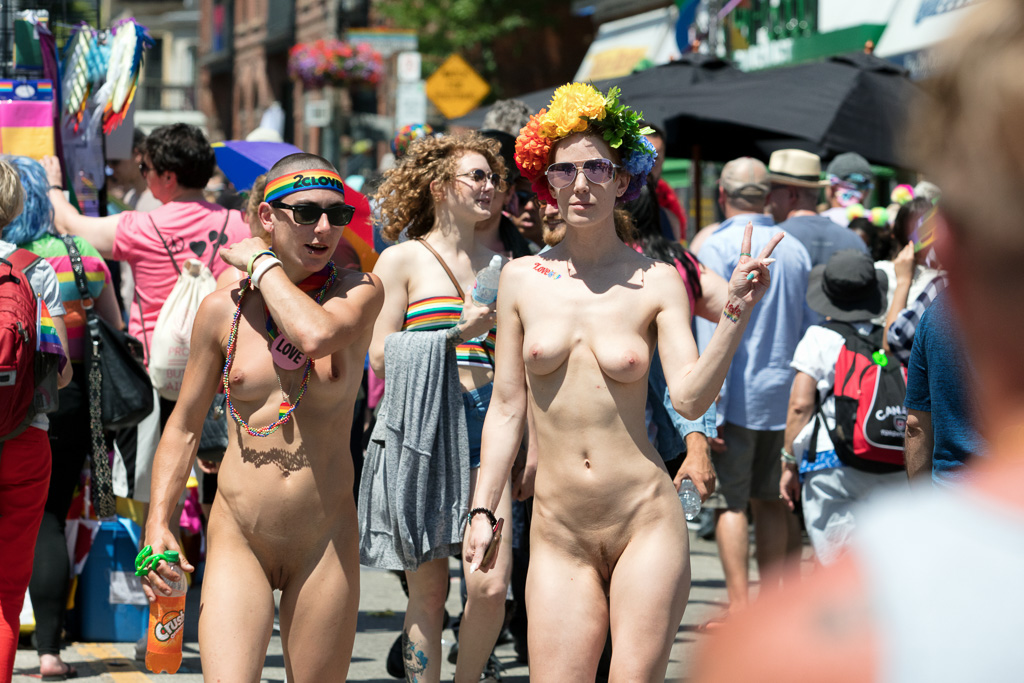
A recent article in The Guardian documents a number of incidents where Viennese Museums have fallen afoul of social media user guidelines. For example, the article states that “[i]n 2018, the Natural History Museum’s photograph of the 25,000-year-old Venus of Willendorf figurine was deemed pornographic by Facebook and removed from the platform.” It appears that social media platforms have no mechanism to distinguish between nudity as art or as social commentary and nudity as exploitation or pornography. By “mechanism”, I’m not talking about an algorithm to sift through image files; I’m talking about the means to engage in meaningful internal debate about underlying philosophical issues.
Despite a market capitalization that has topped a trillion dollars, Facebook doesn’t appear to have the resources to engage questions that are central to what it means to be human. Questions like those of aesthetics, embodiment, and mortality. The lack of meaningful guidance from platform owners like Facebook has a chilling effect upon users who then err on the side of caution by avoiding limnal cases. Vienna’s solution to the problem is to develop an OnlyFans account where images of famous art won’t be banned or its account terminated.
My personal solution to this problem is to maintain my own domain where I’m not at the mercy of ill-conceived or poorly interpreted user guidelines. I suppose my host could shut me down, but that would only mean a brief interruption; I can always take my backup and go somewhere else. I suppose, too, search engines can choke access to my site. I’m not sure what to do about that except to recommend that you turn off safe browsing and risk stumbling upon the occasional bit of porn as you surf your way to enlightenment.